5 Classic Women Authors Reflect on Memory
By Nava Atlas | On August 13, 2017 | Updated November 15, 2020 | Comments (0)
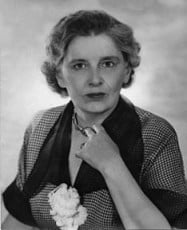
Memory plays a central role in fiction — as it does in life. Think of those who lose their memory; the very essence of the self is stolen. “Nothing is ever really lost to us as long as we remember it,” wrote L.M. Montgomery in The Story Girl.
Here, Virginia Woolf, Daphne Du Maurier, Eudora Welty, Rebecca West, and Mary McCarthy offer up lovely thoughts on memory that come from both works of fiction and memoir.
. . . . . . . . . . .
Memory runs her needle in and out …
“Memory runs her needle in and out, up and down, hither and thither. We know not what comes next, or what follows after. Thus, the most ordinary movement in the world, such as sitting down at a table and pulling the inkstand towards one, may agitate a thousand odd, disconnected fragments, now bright, now dim, hanging and bobbing and dipping and flaunting, like the underlinen of a family of fourteen on a line in a gale of wind.” (— Virginia Woolf, Orlando, 1928)
. . . . . . . . . .
Living the moment all over again
“’If only there could be an invention that bottled up a memory, like scent. And it never faded, and it never got stale. And then, when one wanted it, the bottle could be uncorked, and it would be like living the moment all over again.’ I looked up at him, to see what he would say. He did not turn to me, he went on watching the road ahead.” (— Daphne Du Maurier, Rebecca, 1938)
. . . . . . . . . .
To writhe in retrospect
“When you have committed an action that you cannot bear to think about, that causes you to writhe in retrospect, do not seek to evade the memory: make yourself relive it, confront it repeatedly over and over, till finally, you will discover, through sheer repetition it loses its power to pain you. It works, I guarantee you, this sure-fire guilt-eradicator, like a homeopathic medicine — like in small doses applied to like. It works, but I am not sure that it is a good thing.” (— Mary McCarthy, How I Grew, 1987)
. . . . . . . . . .
Nothing is ever really lost
“Writing fiction has developed in me and abiding respect for the unknown in a human lifetime and a sense of where to look for the threads, how to follow, how to connect, find in the thick tangle what a clear line persists. The strands are all there: to the memory nothing is ever really lost. ( — Eudora Welty, One Writer’s Beginnings, 1984)
. . . . . . . . . .
The poet’s memory

“The memory, the poet’s memory, experiencing and re-experiencing, has such power over one’s mere personal life, that one has merely lived. Even so, one finds oneself seated in the great salon of Marcel Proust’s mind, witnessing events which are more clarified than those of life, which clarify life. ” (— Rebecca West,The Strange Necessity, 1928)
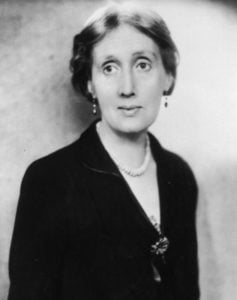
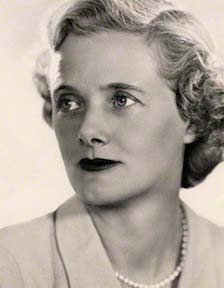
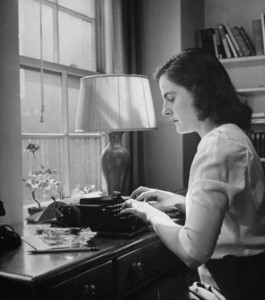
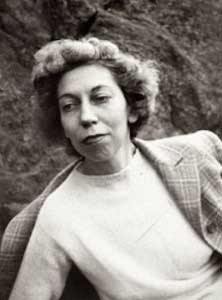
Leave a Reply